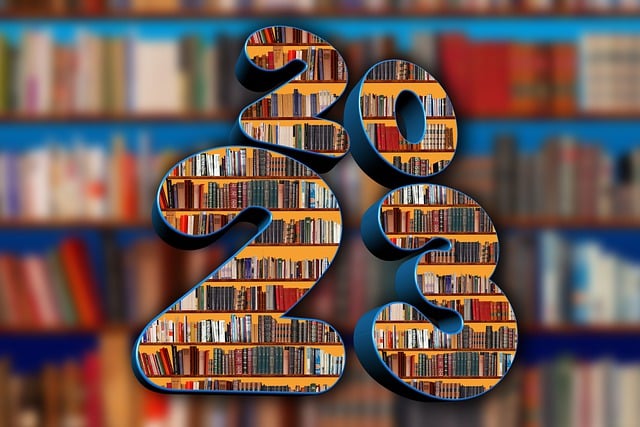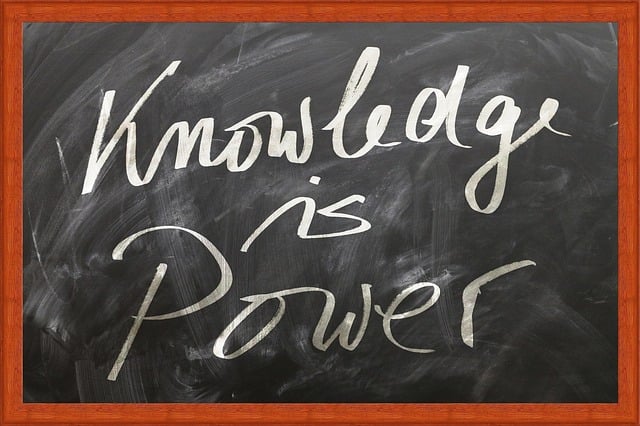Karachi, Pakistan's economic center, grapples with ensuring universal literacy and numeracy due to rapid urbanization and demographic diversity. Innovative programs, combining technology with traditional methods, emerge as solutions. Digital platforms, community libraries, and after-school initiatives empower diverse communities. Standardized testing and qualitative research assess program effectiveness, guiding improvements for brighter academic futures in Karachi.
Karachi, Pakistan’s vibrant metropolis, faces unique challenges in education, particularly in literacy and numeracy. This article explores innovative solutions to bridge the gap. From understanding the city’s diverse landscape to implementing technology-driven approaches, we delve into successful programs enhancing skills among its youth. We examine community engagement strategies ensuring sustainable learning and discuss evaluation methods measuring impact. Discover how Karachi is revolutionizing education with these cutting-edge initiatives.
- The Karachi Landscape: Understanding the Need for Literacy and Numeracy Programs
- Innovative Approaches to Literacy Development in Karachi's Communities
- Technology Integration: Transforming Education in Karachi's Schools
- Overcoming Barriers: Strategies for Enhancing Numeracy Skills among Karachi's Youth
- Community Engagement: A Key to Sustainable Learning Initiatives in Karachi
- Measuring Success: Evaluating the Impact of Literacy and Numeracy Programs in Karachi
The Karachi Landscape: Understanding the Need for Literacy and Numeracy Programs

Karachi, as Pakistan’s economic powerhouse, presents a unique landscape when it comes to literacy and numeracy. The city’s rapid urbanization and growing population have led to a diverse range of communities, each with its own set of challenges and opportunities. In many areas, traditional educational systems struggle to keep pace with the changing demographic, leaving vast segments of the population under-equipped with fundamental reading, writing, and mathematical skills.
This disparity is particularly acute in Karachi’s low-income neighborhoods and rural outskirts, where access to quality education remains a significant hurdle. As such, literacy and numeracy programs have emerged as game-changers, aiming to bridge this gap by providing targeted interventions tailored to the unique needs of the city’s diverse communities.
Innovative Approaches to Literacy Development in Karachi's Communities

Karachi, as Pakistan’s economic hub, has witnessed innovative approaches to literacy development in its communities. Non-profit organizations and government initiatives are transforming traditional learning methods through technology integration. Digital platforms and mobile applications are being utilized to cater to diverse learning styles, especially for vulnerable populations with limited access to education. These tools offer interactive storytelling, language games, and personalized reading materials, making learning engaging and accessible from the comfort of homes.
Community-based programs focus on immersive literacy experiences, such as book clubs, storytelling sessions, and mentorship schemes. By fostering a love for reading and writing, these initiatives aim to improve comprehension and communication skills. Additionally, mobile libraries and community libraries are playing a pivotal role in making books more accessible, encouraging lifelong learning, and building inclusive spaces where people from all walks of life can engage with literature.
Technology Integration: Transforming Education in Karachi's Schools

In recent years, technology integration has emerged as a game-changer in Karachi’s educational landscape, revolutionizing how literacy and numeracy are taught. The city’s schools are embracing digital tools and resources to enhance learning experiences for students, especially in the realms of reading, writing, and mathematics. By incorporating interactive software, online platforms, and multimedia content, educators aim to make lessons more engaging and accessible.
This shift towards technology-enhanced education has proven beneficial, particularly for diverse learning styles. Students in Karachi now have access to a wide range of digital resources that cater to their individual needs. Whether it’s virtual reading programs that adapt to each student’s reading level or online math games that reinforce concepts through interactive challenges, technology integration is fostering a dynamic and inclusive learning environment. As a result, schools in Karachi are witnessing improved literacy and numeracy skills among students, setting the stage for a brighter future.
Overcoming Barriers: Strategies for Enhancing Numeracy Skills among Karachi's Youth

In Karachi, a bustling metropolis with a vibrant cultural tapestry, enhancing numeracy skills among youth presents unique challenges. Many young Karachis face barriers that hinder their progress in mathematics, including limited access to quality educational resources, inadequate teaching methods, and socio-economic disparities. Overcoming these obstacles requires innovative strategies tailored to the local context. One approach is to integrate technology into traditional classrooms, making learning more interactive and engaging. Digital platforms can offer personalized learning paths, allowing students to progress at their own pace while receiving instant feedback.
Additionally, community-based initiatives play a crucial role in bridging the gap. After-school programs focused on numeracy development can provide extra support for struggling students. These initiatives often create a supportive environment where peers learn from each other, fostering collaboration and motivation. By combining technology and community engagement, Karachi can ensure that its youth develop robust numeracy skills, empowering them to navigate the complexities of modern society with confidence.
Community Engagement: A Key to Sustainable Learning Initiatives in Karachi

In the vibrant and diverse city of Karachi, community engagement has emerged as a pivotal strategy for enhancing literacy and numeracy programs. Local initiatives that involve active participation from residents, schools, and community leaders have proven to be more sustainable and effective than top-down approaches. By fostering collaboration, these joint efforts create a supportive environment where learning becomes an inclusive and enjoyable experience.
Karachi’s unique cultural fabric plays a significant role in shaping successful literacy programs. Engaging with the community means understanding their specific needs, languages, and traditional teaching methods. This tailored approach ensures that educational initiatives resonate deeply with residents, encouraging long-term participation and commitment to improving literacy rates in the city.
Measuring Success: Evaluating the Impact of Literacy and Numeracy Programs in Karachi

In the vibrant city of Karachi, the impact of literacy and numeracy programs has been a subject of keen interest for educators and policymakers alike. Measuring success in these initiatives goes beyond mere attendance or completion rates; it involves assessing tangible improvements in participants’ reading, writing, and mathematical skills. One effective approach is through standardized testing, which provides a clear benchmark for comparison over time. By administering these tests before and after program participation, researchers can gauge the effectiveness of different methodologies.
Additionally, qualitative methods such as interviews and focus groups with both participants and instructors offer valuable insights. Stories of improved academic performance, increased confidence in handling complex texts or numerical tasks, and better employment prospects paint a compelling picture. The collective evidence from these evaluations is crucial for refining existing programs and guiding future efforts to enhance literacy and numeracy levels in Karachi, ensuring a brighter future for the city’s diverse population.
The developments in literacy and numeracy programs in Karachi have shown promising results, addressing critical educational gaps. By combining innovative community-based approaches with technology integration, these initiatives are revolutionizing learning outcomes for youth. Overcoming barriers through targeted strategies and fostering community engagement ensures sustainable growth. Evaluating the impact of these programs is essential to understanding their long-term success, ultimately enhancing the literacy and numeracy landscape in Karachi.
